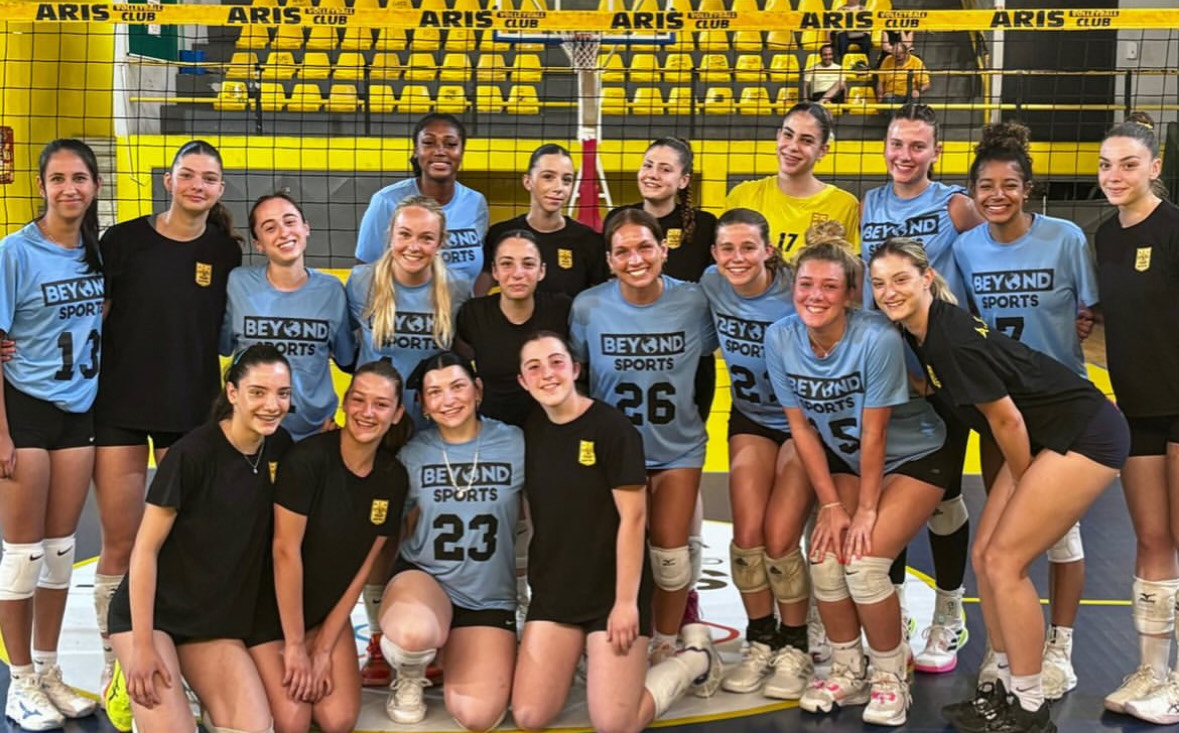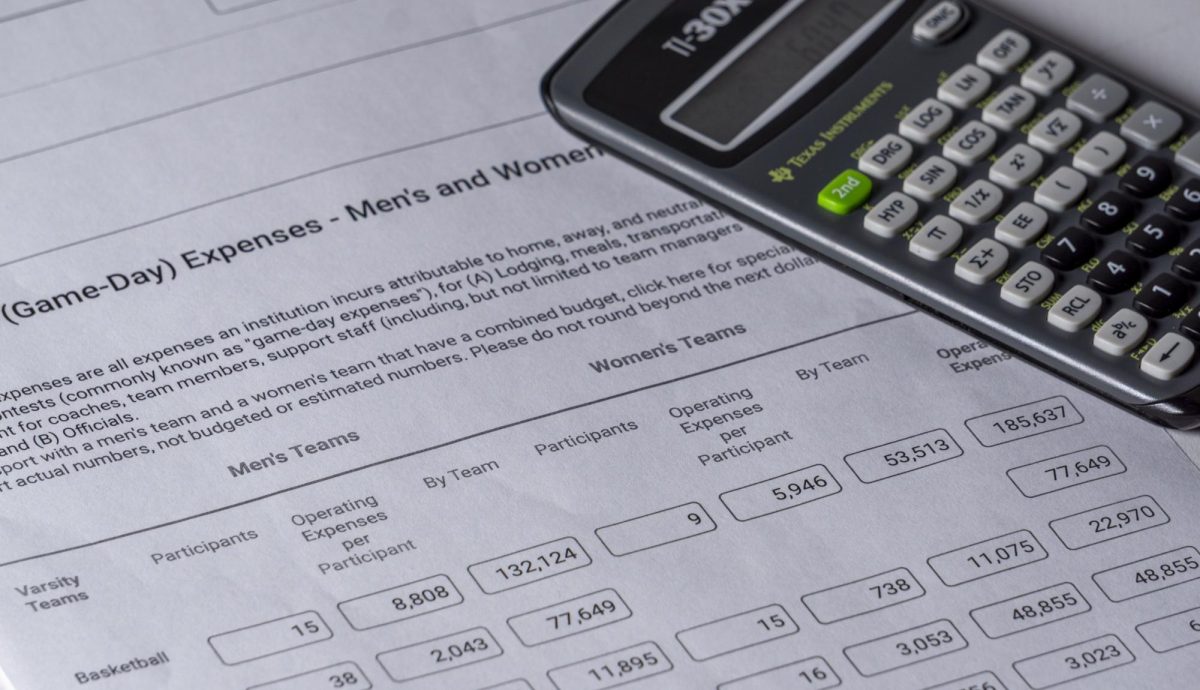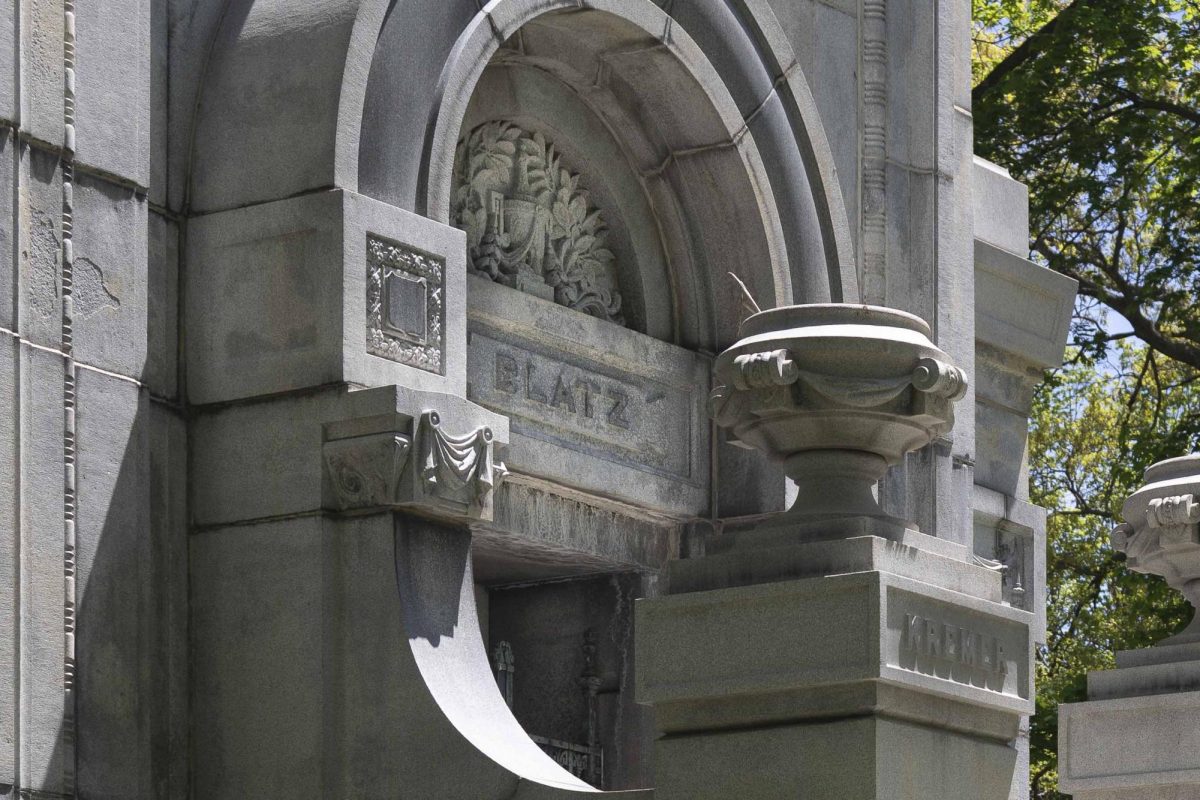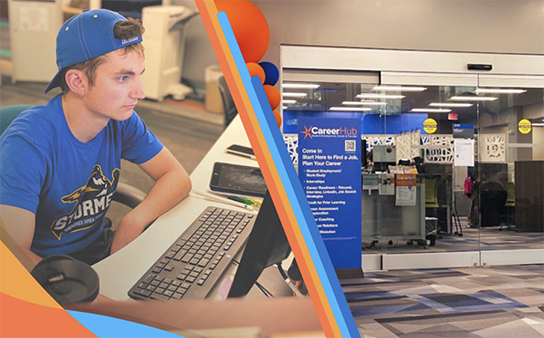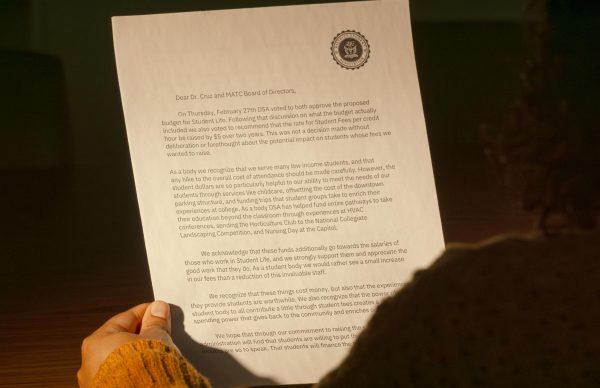Employers shouldn’t check social media of potential candidates or current staff.
In this day and age, nearly everyone is on social media. Some use it to connect with their peers; others, to spread word about their business; some to rant about their personal lives or share photos of things they like. Some rarely use their accounts, and don’t care about likes or followers, while others seek the attention and thrive on the validation of others, causing them to overshare, making their pages take a very personal twist. Sure, some of these things could be used as indicators to find out what kind of person they may be, but should any of these things interfere with a person getting or keeping a job?
Some employers in the last decade have been known to use social media as a filter for which workers they bring in to their establishment. While I understand it is the employer’s right to look into an employee’s (or potential employee’s) social media account, I don’t think it’s fair to judge a person’s work ethic based on what they do in their personal life. Some people (such as myself) are a mess in their personal life and incredibly organized at work. I wouldn’t want my boss to look at my messy room and assume that I’m lazy when I prove that I’m quite the opposite while working. Any respectable, hard-working person would want to be judged based on the work they do, not who they are when they leave the workplace.
A different argument can be made if the employee outright disrespects the company or employer, creates a post that is in poor taste toward the company they work for or are applying for, or if they continuously post photos of themselves at work clearly not doing their job. In cases like this, the decision to fire or not to hire someone is valid and reasonable.
However if a potential candidate was denied for something as trivial as posting photos of their everyday life or sharing posts about their beliefs, I believe it is an infringement on our basic right to freedom of speech. Social media was created for the purpose of expressing ourselves, and we can’t do that properly if we’re always filtering ourselves to try and keep up a professional appearance in case a potential employer sees our page. If social media doesn’t interfere with your work life, it should not be accounted for in terms of the workplace. I like to think of this idea as a separation of work and home life; social media is part of your home life, so if you don’t talk about or post about your job at home, there should be no reason to worry about your employer checking out your page.
In my research, many of the cases for dismissal due to social media were dated 2017 and earlier, and the ones I found first were all extreme cases where it was clear that firing them was the only course of action. This leads me to believe other people are coming to the same conclusion, and businesses may be relaxing their social media policies in the coming years. I think this would be a step in the right direction – obviously if someone posts something derogatory or distasteful about their company they should be punished accordingly, however, minor social media slip-ups should not be the deal breaker for landing your dream job anymore. According to Emma Koehn with smartcompany.com, many workers nowadays are encouraged, even expected to use some social media platforms in their everyday work, especially for advertising purposes. This could lead to either a relaxation on the social media policies in some places if management decides that monitoring every step the employee takes online isn’t worth their time. However, I could also see it being an excuse to tighten the reins as a preemptive measure for anything getting online that isn’t supposed to. If the latter happened it would be an unfortunate step backwards, but at least we’d be able to pinpoint the mistake and hopefully more people will start to agree that the social media monitoring should end.
My last argument in favor of ending this social media monitoring is that generations before us didn’t have to worry about this minor invasion, because they didn’t have any form of social media. Our parents and theirs before them were given opportunity to prove their work ethic by showing a résumé and doing their job instead of being at risk of termination for something they said or wrote at home on their free time. Some people would say that since technology has advanced, we should advance our thinking and use this public website to screen employees before interviews and whatnot to make an initial judgement on who the person is and what they’re like. This is the wrong way of thinking, because a Facebook or Instagram feed is not equal to a résumé. The résumé is what we came up with to figure out whether an individual is right for a job, and we’ve been using it for decades, there’s no reason to change this, unless there is suspicion of unloyalty to the company.
In conclusion, social media should not play a deciding factor in any employer’s hiring process. Social media is not a tool designed to show off your professional strengths and weaknesses, it’s a place to express yourself and that’s all it should be.
Employers should go back to using the good ol’ résumé and skills training to help them find potential employees, just as they did for many generations before. Unless you’ve done something suspicious and there is reason to check for distasteful comments and the like, there should be no repercussions for anything you post, no matter what career you’re in. If I had more time on this subject, I would explore how many employers actually use social media as a tool to help them hire, why they do it, and the results it’s gotten them since starting it. Next time you hear about a company policy you don’t like or don’t agree with, try examining exactly why you disagree or think it unfair – you might have more of an opinion than you thought.







